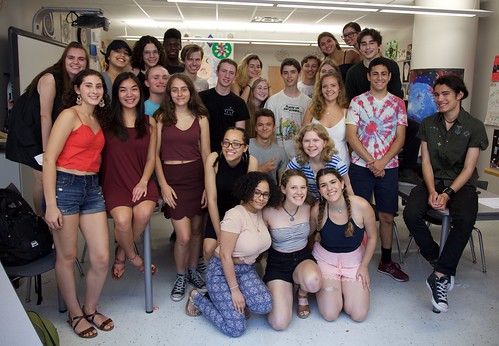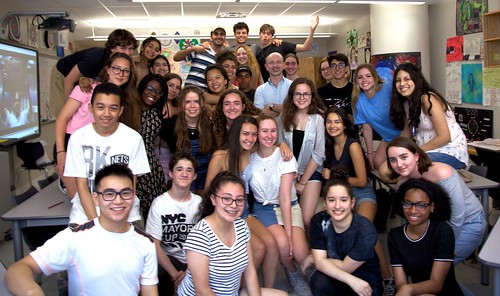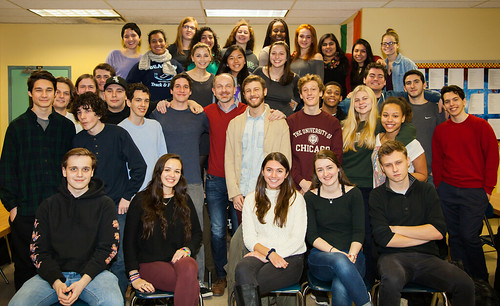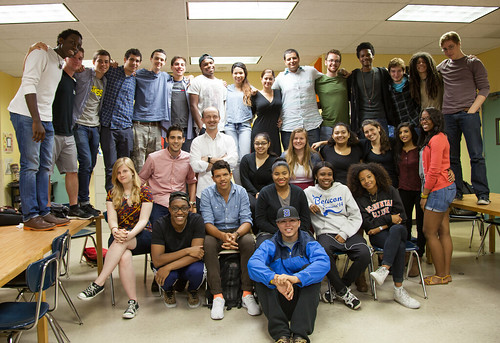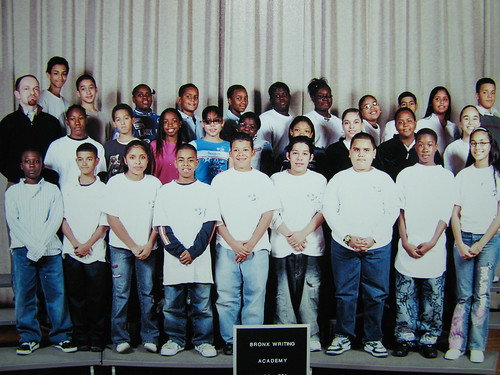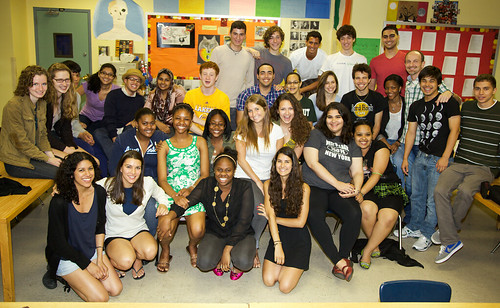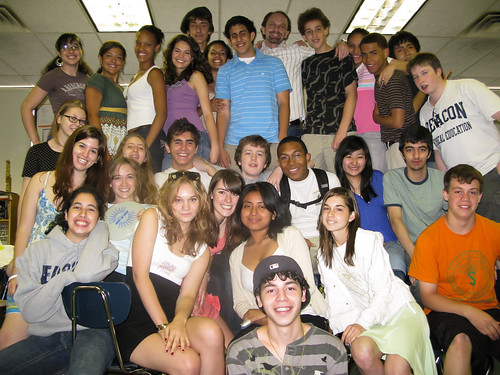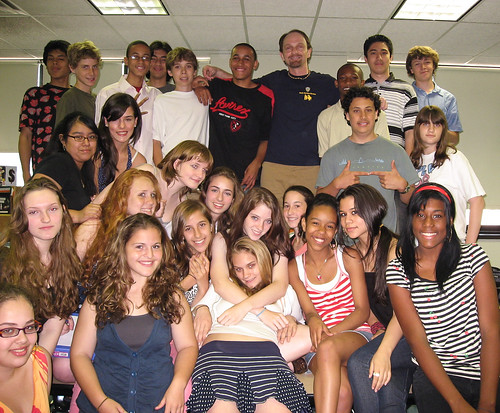1. Waiting for Godot–Complete Act I.
2. PBA Prep–Continue working on your PBA thesis. You must have a new version of your thesis tomorrow (unless you have heard otherwise from me personally).
Due 5/24: Godot and PBA
Due 5/22: Godot and PBA
1. Waiting for Godot–Read and annotate up to p. 29 (stop with “Simply wait.”)
2. PBA–Monday, second stage of PBA is due: Evidence! Considering your grounds for comparison/frame of reference begin gathering evidence from each text (If you do not have one of the texts, no worries. I will have copies in class on Monday). The evidence should be typed! Review the comparative essay handout with a focus on organization of essay.
Thesis statements are due Tuesday!
Due 5/18: Godot and PBA
1. Godot–Read and annotate up to the end of page 13 (Stop just before Pozzo enters the stage).
2. PBA–Continue working toward an argumentative position.
Comparative Thesis Workshop:
1. Sylvia Plath and Jean Paul Sartre display in The Bell Jar and No Exit that materialism, propriety, and the search for purpose briefly relieve the hell caused by the unceasing presence of others, yet ultimately prevent one’s understanding of their true self.
2. Unlike Ivan, who fails to see suffering as a condition for freedom, Winston in seeing so liberates the whole humanity at the presence of death—for it is only when men are deprived of all rights were they able to attain true liberty and discover meaning in life.
3. Tolstoy offers an escape from the fragility of life’s mortality with the acceptance of God, but through the existential vacuum Beckett suggests that any distraction from life’s wretched condition acts not as a salvation but damnation to a meaningless life.
4. Self-deceptive Estelle in Sartre’s No Exit and impressionable Esther in Plath’s The Bell Jar both turn to others to define their identity in a cycle of inauthenticity, thus condemning themselves to suffer mental imprisonment.
5. Under an absence of religion, the parallel between Estelle’s and Connie’s ego, and human interaction as a sculptor of identity, illuminate that internal and external values cultivate maturity; man thus must coerce himself to act solely on a basis of responsibility.
6. Through the parallels of Vonnegut’s usage of non-linear time to reveal war’s absurdity and Beckett’s usage of non-sensical time to reveal life’s absurdity, both texts expose human self-condemnation of cyclical suffering.
7. The characters of Mary O’Hare, Roland Weary, and Paul Lazzaro along with Campbell’s monograph in Kurt Vonnegut’s Slaughterhouse Five parallel the Eurasia/Eastasia conspiracy in George Orwell’s 1984,in conveying that war is a product of unaddressed, internal societal faults as opposed to the consequence of foreign conflict.
Due 5/16: PBA Prep
1. PBA Prep–Given the two texts you chose over the weekend, you should identify the frame of reference? What are the grounds for comparison? (Remember, the grounds for comparison would be the similarities/differences you see in the author’s treatment of your frame of reference. This is the rationale for why you chose these two texts. As always, the more nuanced your grounds for comparison, the more substantive any subsequent discussion might be.)
2. Research Theater of the Absurd! (1/2 page of notes)
Due 5/2: PBA Practice
1. PBA Practice–Frame of Reference and Grounds for Comparison. Complete this in your binder (at least one full page).
Texts: Siddhartha and The Alchemist
What is the frame of reference? (This is the context within which you place the two things you plan to compare and contrast; it is the umbrella under which you have grouped them.)
What are the grounds for comparison? (Remember, the grounds for comparison would be the similarities/differences you see in the author’s treatment of your frame of reference. In detailing your grounds for comparison you are in fact illustrating how your frame of reference was a deliberate, thoughtful choice.
Be thorough and thoughtful in your grounds for comparison! I see this as the very beginning of the PBA process so don’t half-ass it.
2. (Due May 3) Existentialism is a Humanism–This reading sets us up for the last three texts of the year. Let it be known that this essay is conceptually/philosophically difficult. Do not wait until the night before to read it. Break it into bits and pieces. Jean Paul Sartre is often the first name to come to mind when one considers Existentialism. His brand of atheistic existentialism so dominates the existential landscape that one forgets that the “first existentialist” Kierkegaard was indeed a theist. Nevertheless, Sartre’s essay most clearly defines the existential mindset. It becomes a fundamental piece of the year’s final unit. Additionally, his essay establishes some of the tenets of existentialism that are universally applicable. In a nutshell Sartre defends his philosophy against the four primary critiques of existentialism.


